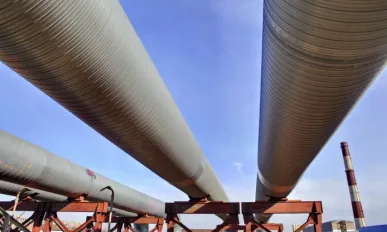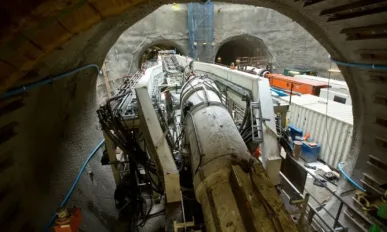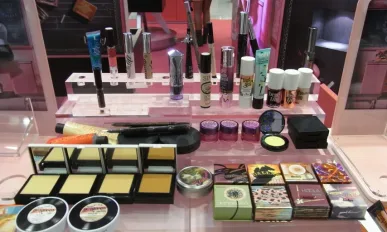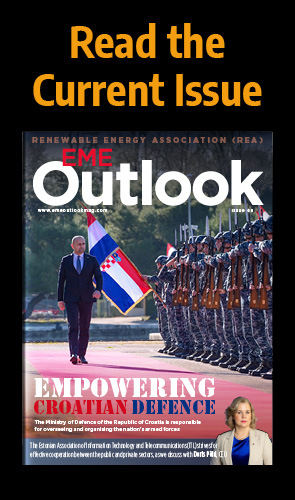Europe’s Tech Sector Creates 30 $1 Billion-plus Businesses Since 2003
Europe has produced 30 technology companies worth more than $1 billion (£590m) since the millennium, according to research that explodes the myth that the region’s internet entrepreneurs lack vision and sell up too early;
Future Demand for Natural Gas Uncertain in Europe
A high price relative to coal and increasing use of renewable energy make future demand for natural gas especially uncertain in Europe.
Crossrail Project London Begins New Docklands Tunnel Drive
Crossrail is a £14.8 billion travel infrastructure project that is projected to improve rail links in the capital.
World Environment Day
World Environment Day is the opportunity for everyone to realise the responsibility of caring for the Earth and to become agents of change.
GlaxoSmithKline Strikes Deal with UK Firm Developing Cancer Treatments
GlaxoSmithKline (GSK) has struck a multimillion dollar deal with a British biotech firm to develop cutting-edge cancer treatments.
Spain’s King, Juan Carlos, to Abdicate
Monarch, Juan Carlos, who instituted democracy has abdicated due to personal reasons. King Juan Carlos of Spain is to abdicate in favour of his son, Crown Prince Felipe.
Google Creates ‘Right to be Forgotten’ Form After EU Ruling
Google has launched a service which entitles Europeans to request personal data to be removed from online search results, following a landmark European Union court ruling which gives people the ‘right to be forgotten’.
Nestle Makes $1.4B Valeant Deal
Nestle bought the rights to several treatments designed for anti-aging from Canadian firm, Valeant Pharmaceutical International, for $1.4 billion in cash.
Skype Translator and GoogleCar Break the Mould
The new driverless GoogleCar has been designed with no steering wheel and no brakes, while the Skype Translator makes international connections more accessible.
Motley Fool | Brewers Face Hard Choices in Hard Cider
The hard cider market nearly doubled last year because Boston Beer (NYSE: SAM) so completely dominates the industry with its Angry Orchard brand that it largely alone moves the needle.























